Cooking oil is a kitchen staple for many of us, but once it has been used and cooled down, disposing of it can be tricky. Disposal of cooking oil can be risky, with potential dangers including blocked pipes and environmental contamination. Not only can this cause damage to your plumbing system and environment, but also attract pests such as rats and cockroaches. Luckily, you can easily and safely dispose of your cooking oil with minimal harm to the environment.
To Safely Dispose Of Used Cooking Oil
Let’s look at how you can dispose of used vegetable oil so that it would be safe.
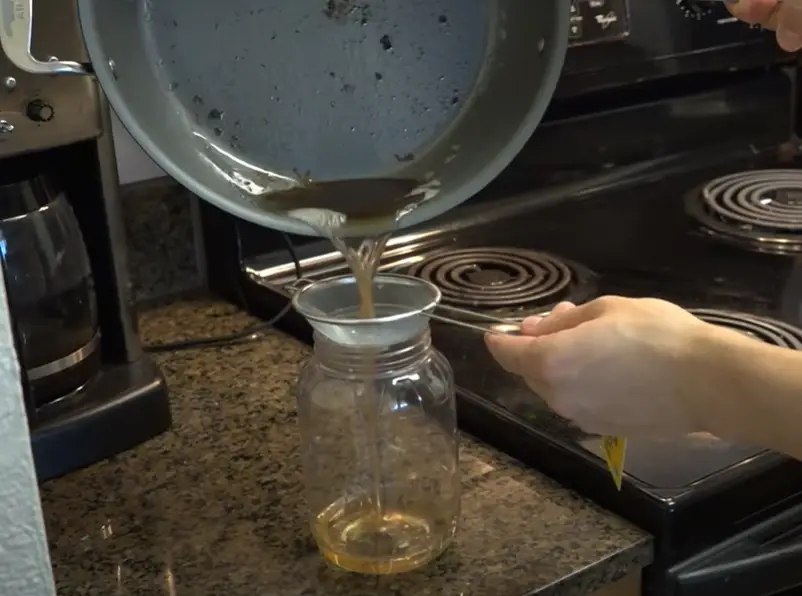
Mix It With Other Garbage Materials
One of the easiest ways to dispose of your used cooking oil is to mix it with other non-recyclable garbage materials such as food scraps. The oil will act as a sealant to prevent air and moisture from reaching the materials underneath, preventing them from going bad or attracting pests.
Freeze It
If you don’t have much cooking oil left, consider freezing it until your next use. Storing oil in a plastic container or even an ice cube tray can help reduce mess and keep the area clean. If you use this method, make sure to label the container so that no one mistakenly throws away your saved oil!
Try Alternative Cooking Methods
Before throwing out used cooking oil, consider trying different cooking methods that require little or no oil.
Recycle Cooking Oil
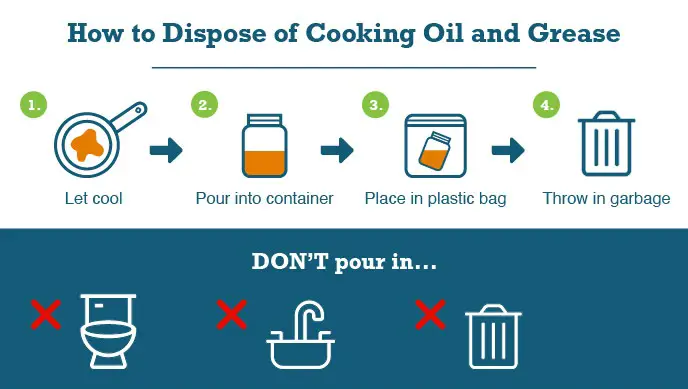
Oil can be recycled in a few different ways. Many cities have cooking oil recycling programs that collect used oil and turn it into biodiesel or other renewable fuels. You can also donate used frying oil to local farmers, who use it as feedstock for livestock or fertilizer for crops.
Preparation
Before you can recycle cooking oil, there are a few important steps to take. Pour the used cooking oil into a heat-resistant container with a tight-fitting lid. Make sure that your container is not too large or too small — an ideal size would be 2 to 3 liters (about 0.5 to 1 gallon). Allow the oil to cool completely before you attempt to store or transport it.
Pick The Right Container
Securely store your cooking oil in a container with a lid. This will help prevent any spills and make it easier to transport the oil when you’re ready to dispose of it. Make sure the container is stable and won’t easily tip over, as this will help avoid any messes or accidents while transporting the oil.
Keep Filling Up Container
Sometimes, disposing of cooking oil can be difficult due to the amount of cooking oil you may have. To make it easier for yourself, filling up a container and keeping an eye on when it’s full is important and will help you reduce the risk of spills or messes from happening when transporting the cooking oil. Make sure to clearly identify the container, so you don’t mistakenly pour cooking oil down your sink while cleaning next time!
Find A Recycling Center
Cooking oil can be recycled and then repurposed for biofuel. To locate a nearby recycling center, start by inquiring with your local waste management agency to learn if they offer oil collection services. If not, you may have to look for an alternative such as taking the oil to a nearby facility that specializes in disposing of cooking oil. [2]
Tips For Reducing The Use Of Cooking Oil
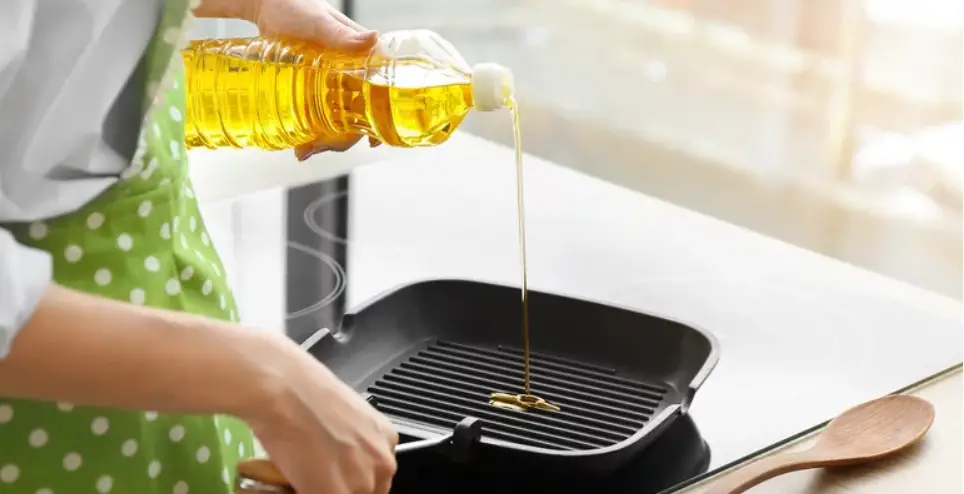
- Use a non-stick pan – Non-stick pans provide better heat distribution and require less oil for cooking.
- Invest in an air fryer – Air frying is a healthier alternative to deep-frying as it requires no oil at all.
- Grill or bake foods instead of frying them – Grilling and baking require very little or no oil, while still providing delicious meals.
- Choose a healthier cooking oil – Olive, avocado, and coconut oils are all great alternatives that provide essential health benefits.
- Reduce portion sizes – Using less oil for small portions of food can help reduce the amount used in your cooking.
- Reuse cooking oil – Depending on the type of oil you use, it can be reused for up to three times before being disposed of. Before reusing, ensure that the oil is still good and has not been contaminated. [3]
Following these simple tips will help reduce your oil consumption and make sure that any used oil is disposed of responsibly. With that in mind, here are some tips for disposing of cooking oil correctly
How Not To Dispose Of Cooking Oil
Cooking oil may seem like a harmless liquid, but it can actually cause serious environmental damage if not disposed of properly. There are several methods of disposal that should be avoided:
Don’t Pour It Down A Home Drain
For the health of your plumbing, it is highly discouraged to pour cooking oil down a kitchen drain – regardless if it’s hot or liquid. Even when it cools off, the grease can congeal into large clumps that are difficult to break apart and cause blockages in the pipes. Not only is it detrimental to the health of your plumbing system, but pouring used cooking oil down the drain can wreak absolute havoc on our environment if it reaches local waterways.
Don’t Pour It Out In The Yard
Although it may be inviting to discard used cooking oil in the yard, this practice should never be considered. Instead of discarding used cooking oil, dispose of it properly by pouring it down the drain. However, this is a very bad idea as it can create an unpleasant odor and attract pests. In addition, improperly disposed of oil can seep into soil and end up in waterways, where it has the potential to harm aquatic life. Disposing of cooking oil doesn’t have to be an environmental hazard. Bring your used oil to a nearby recycling center and they will use proficient equipment to turn it into biofuel, thus reducing emissions and making our world cleaner.
Don’t Pour It Down A Storm Drain
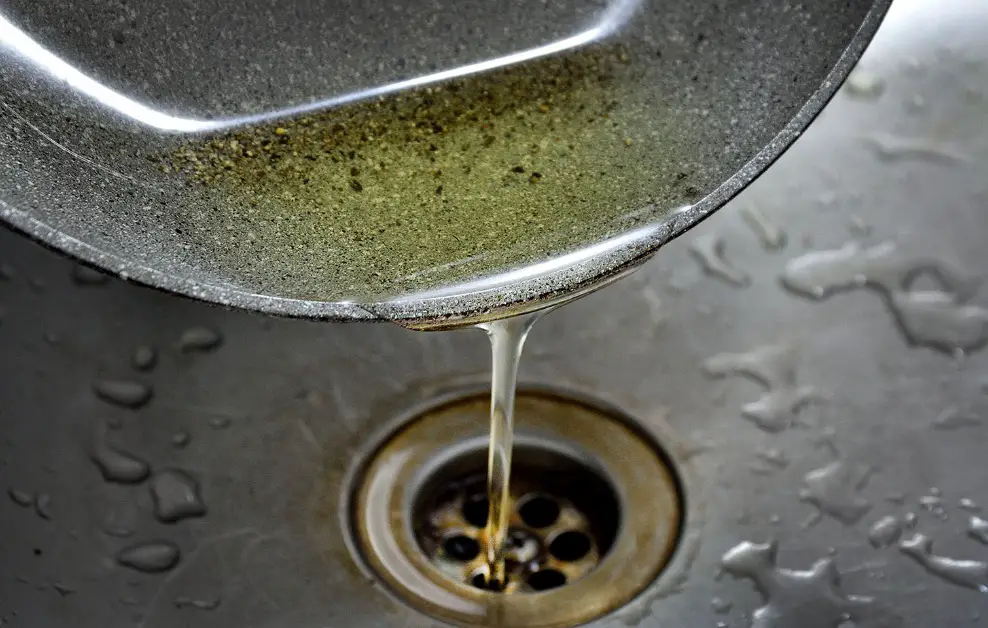
Under no circumstances should cooking oil be disposed of by pouring it down the sink or storm drain. This not only creates an environmental hazard, but can also cause clogs in pipes and plumbing fixtures which will result in costly repairs. Rather than discarding cooking oil in an improper manner, it should be recycled or properly disposed of in the garbage. [4]
FAQ
How do you get rid of cooking oil?
There are many responsible methods for disposing of oil! By properly taking care of your culinary creations, you’re not only protecting the environment – but also helping to avoid pesky clogged drains. Transform used oil into a versatile and valuable resource! Reuse the oil in another dish, or store it for later use. If you don’t want to reuse the oil, dispose of it safely by putting it in your trash bin – never throw away this precious asset. Before disposing of it in the trash make sure to strain out any food particles and let the oil cool down first. Replace the usual trip to the garbage can with a smart, eco-friendly option – take your used oil to be transformed into biodiesel fuel at a local recycling center. Make an effortless switch and contribute towards environmental protection. Remember to always check with your local recycling centers beforehand to ensure they accept used cooking oil. Recycling used cooking oil is also an excellent way to reduce your carbon footprint and help the environment.
What to do with oil after deep frying?
Properly disposing of cooking oil is essential for protecting our plumbing systems and avoiding any unpleasant blockages. To discard your used cooking oil without any risk, make sure to wait until it has cooled down to room temperature. Do not attempt pouring the hot oil as it may create dangerous fumes or steam. Transform spent oil into a useful resource by straining it through a coffee filter or cheesecloth! This filtered, clean-burning fuel can be saved in an airtight container for future use. Quickly and safely dispose of the cooled liquid with an absorbent material, such as cat litter, to maintain your home’s sustainability. Keep your pipes running smoothly by responsibly disposing of cooking oil! For small amounts, run cold water and let it flow for a few minutes to break up the oil. If you have larger quantities, bring them to an eco-friendly recycling location near you – making sure our environment stays clean is easy with these simple steps. To ensure your home plumbing system is free from clogs and other damage, take the simple steps outlined below to dispose of cooking oil safely. Additionally, if you choose to reuse the oil for future cooking needs, you’ll save money and minimize your environmental impact.
Can you put vegetable oil down the drain?
Absolutely not! You should never pour vegetable oil down the drain. As oils have the tendency to harden inside pipes, this is why it’s important not to put oil down your sink. Over time, this can cause a serious plumbing issue that could result in costly repairs. Take proactive steps to help your environment by safely disposing of oil! One easy way is to transfer it into a secure, sealable container and put it in the trash.
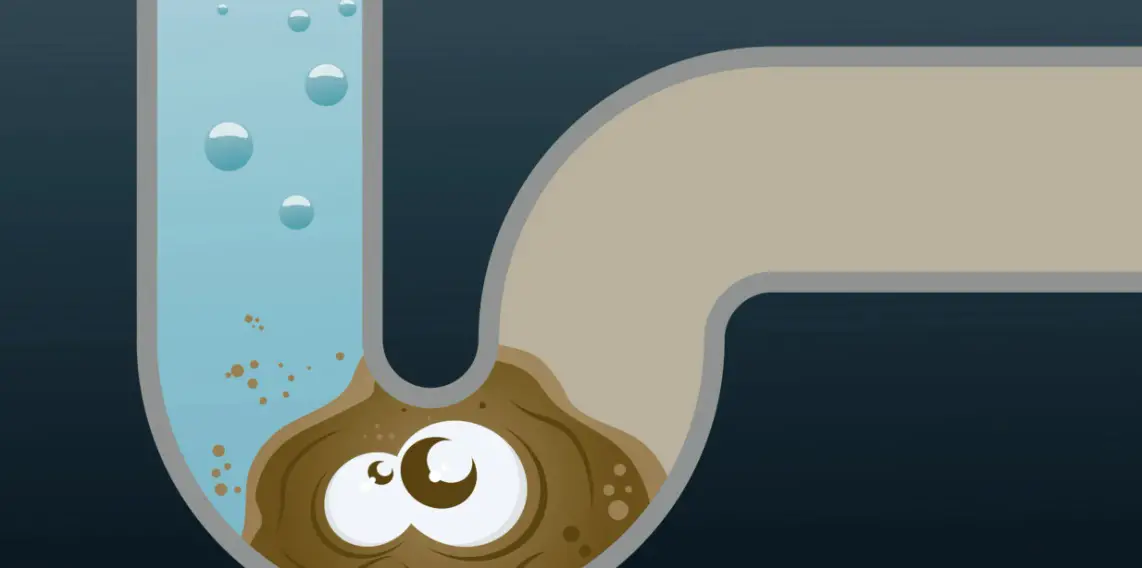
Doing so can save you any future headaches – while looking out for our world’s well-being at the same time. Putting your used cooking oil in the trash is a thing of the past! Instead, you can recycle it at an eco-friendly center near you or compost it for natural fertilization.
Keep our planet healthy by disposing of plant-based oils and fats responsibly. Be sure to do your research and properly seal the container before disposing, as animals may be attracted to it. If you have a substantial amount of oil, some city governments or grease removal services may provide collection support for recycling.
Can you pour oil down the toilet?
Absolutely not – pouring oil down the toilet is a **huge** no-no! Oil can clog pipes and create blockages in sewage systems, leading to a costly bill for repairs. Although your local wastewater system can tolerate minimal quantities of cooking oil, it is not worth the chance to cause clogs or inflict damage. Instead, it is best to recycle your oil or find a safe way to dispose of it so that it doesn’t end up in waterways or impacting wildlife.
How do you dispose of oil naturally?
When it comes to disposing of cooking oil, there are several environmentally friendly ways that you can do this.
- Let the oil cool – It is important to let the oil cool down before attempting to dispose of it. This will make it easier and safer for both you and the environment.
- Don’t pour it down the drain – Pouring the oil directly down your sink or toilet can block pipes and even seep into water sources such as rivers and lakes.
- Collect & Reuse – You can collect used cooking oils in a reusable container, such as an old milk jug or plastic shampoo bottle, until it’s full then take them to be recycled/ reused.
- Get a Waste Oil Collection Service – If you have large amounts of oil to dispose of, you can contact your local authority for advice on getting a waste oil collection service.
- Composting – You can also compost cooking oils in small quantities. To do this, mix the oil with an equal amount of soil and bury it in your compost pile or bin. Be sure to cover it with additional soil after burying it to keep animals away from it.
- Animal Feed – Used cooking oils can also be used as animal feed! Once cooled, pour the oil into a plastic container and allow it to harden before adding it as feed for chickens and cows. This allows them easy access to the beneficial nutrition of this healthy food source.
Can cooking oil be disposed of in the sink?
No, it is not advisable to dispose of cooking oil in the sink. When cooking oil is disposed of down a drain, it can solidify and block the pipes. This can cause plumbing problems that may require expensive repairs. If the problem becomes severe enough, it could even lead to sewage overflow or flooding in your home. Alternative options for disposing of cooking oil include recycling used cooking oil into biodiesel fuel, composting with food waste, and simply throwing away old fats and oils in the trash.
For more information on how to correctly dispose of cooking oil, visit our resource page here. There you’ll find additional tips on how to safely get rid of all types of food-related waste materials.
Is it okay to dispose of cooking oil in soil?
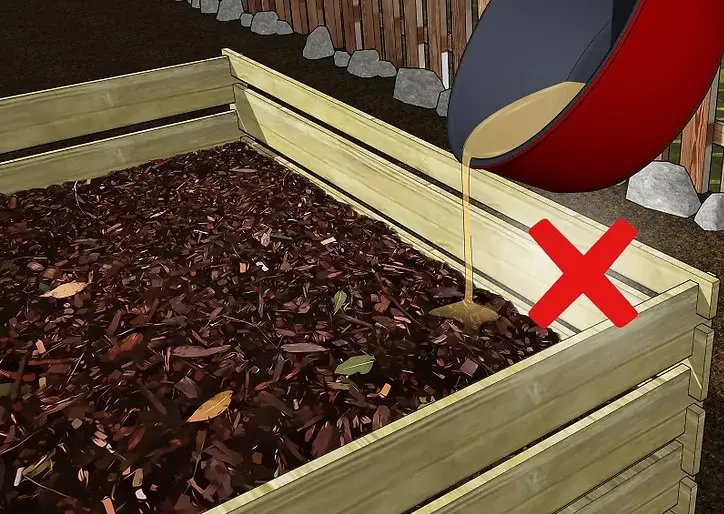
No. Disposing cooking oils in soil can cause pollution, and many animals will avoid areas where they can smell the oil. Additionally, when you pour cooking oil into the soil, it coats the particles of sand, clay and organic matter. This prevents oxygen from reaching the soil’s microorganisms that are essential for plant growth and healthy soils. The most responsible way to get rid of cooking oil is by utilizing a certified waste disposal service, or placing it in an airtight container and taking it to a hazardous materials facility or recycling center.
Can you pour cooking oil on grass?
Absolutely not! It is highly discouraged to pour cooking oil onto grass or other vegetation. Cooking oil can clog and harm soil by blocking oxygen and water from reaching the roots. It can also damage plants directly. In order to protect your plumbing and sewage systems, disposing of cooking oil in the right way is essential- pour it into a heat-safe container like an old coffee tin or milk jug before putting it out with the trash. This simple step can make all the difference. Make sure you put the lid back on tightly so that the contents don’t spill out. Alternatively, some cities offer curbside collection services for home composting and recycling kitchen waste, including oil. Check with your local council for more information about this.
Is it safe to pour boiling water down the kitchen sink?
Under no circumstances is it advisable to pour boiling water down the kitchen sink. When hot or warm liquids are poured into a sink drain, they can mix with fats and oils already present in the pipes and create a clog. In addition, if there is standing water in the sink, pouring boiling or very hot liquid can cause it to splash up out of the sink, potentially causing burns.
Cooking oils have no place in the kitchen sink and should be kept far away from it. When fats, oils and grease cool down, they coagulate in your pipes creating blockages that can quickly lead to plumbing complications. Instead of pouring cooking oil down the kitchen sink you should look for alternative methods of disposal such as:
- Pouring it into a sealable container and disposing of it in the trash.
- Contact your local wastewater authority or solid waste department to see if they offer collection services for cooking oil.
- Reusing the oil for other purposes, such as lubrication or fuel.
What if I accidentally pour oil down the drain?
If you accidentally pour oil down the drain, don’t panic. Oil should not be poured down drains because it can clog your pipes and lead to plumbing problems. However, if some oil does slip through, there are a few things you can do to help clean up the mess:
- Pour hot water into the sink or toilet bowl to help break down any grease that has accumulated in the lines.
- Use detergent to further break down and dissolve any remaining grease before flushing.
- Boil a pot of water on the stovetop and slowly pour it into the drain; this will help push out stubborn clogs.
- If necessary, use an auger or plunger to help break up any large clogs.
Can you compost cooking oil?
Cooking oil, or any type of fats, cannot be added to a compost pile. Fats and oils can disrupt the balance of organisms in the compost, leading to an unpleasant odor as well as attracting pests and animals. Additionally, cooking oil does not break down easily and can cause clumps that are difficult to break apart. Instead, be mindful of your environment and dispose of your used cooking oil in a sustainable way.
- Recycle Used Cooking Oil: Numerous neighborhoods are spearheading initiatives for the collection of pre-used cooking oil, to be repurposed into biodiesel fuel – preserving both resources and our environment. Check with your local government to see if they have such a program available in your area.
- Take It To A Grease Disposal Center: Many cities have grease disposal centers that collect oil. These centers use the oil to generate energy or convert it into other products like soap.
- Pour It Into A Carton: Put oil in a sealed, non-recyclable container like an old carton, then throw it away with your normal garbage. By doing this, we can both protect against the possibility of leaking and ensure that animals cannot access it.
- Make Soap: Oil can be transformed into liquid soap, which is biodegradable and safe for the environment.
Useful Video: How to Properly Dispose of Used Cooking Oil
Conclusion
Cooking oil should be disposed of properly to avoid clogging drains, damaging sewage systems and polluting the environment. It is essential to remember that even limited amounts of cooking oil can be hazardous if not managed properly. Consequently, it is of the utmost importance to ensure you are utilizing proper disposal methods such as recycling and composting when possible. If neither is feasible, make sure to place your waste into a suitable container prior to discarding it. This way you can help protect our environment and keep our water clean for future generations.
References
- https://www.southernliving.com/food/fats/oils/how-to-dispose-of-cooking-oil#:~:text=After%20it%20is%20cooled%20completely,the%20container%20in%20the%20trash.
- https://www.thespruceeats.com/how-do-i-dispose-of-used-cooking-oil-908995how-to-dispose-of-cooking-oil#:~:text=After%20it%20is%20cooled%20completely,the%20container%20in%20the%20trash.
- https://www.actenviro.com/easy-ways-on-how-to-dispose-of-cooking-oil-safely/
- https://greencitizen.com/blog/how-to-dispose-of-cooking-oil/

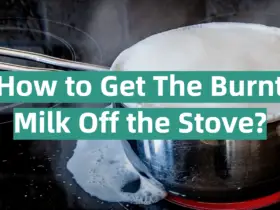



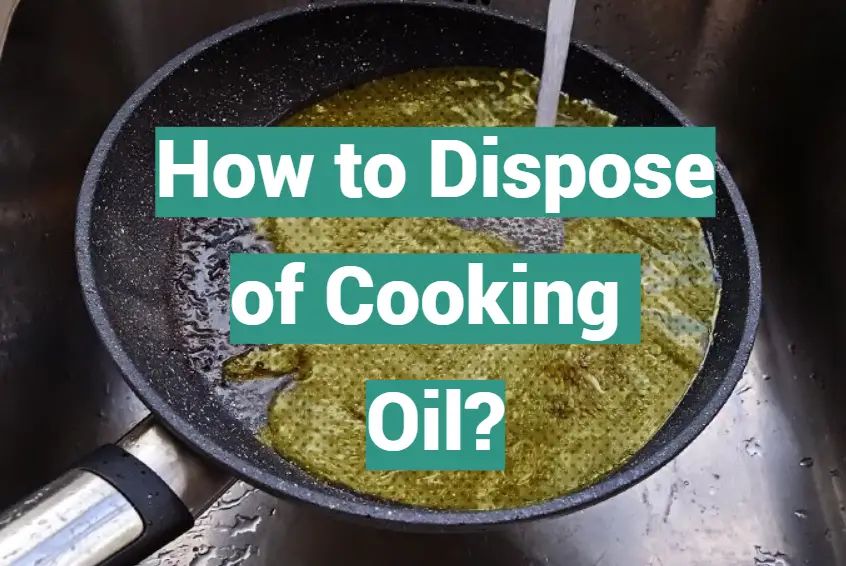
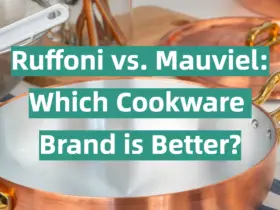
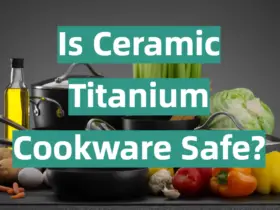
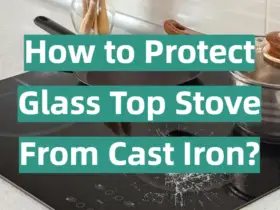


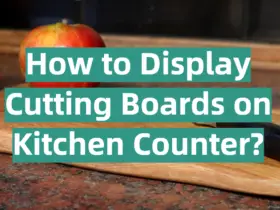

Leave a Reply